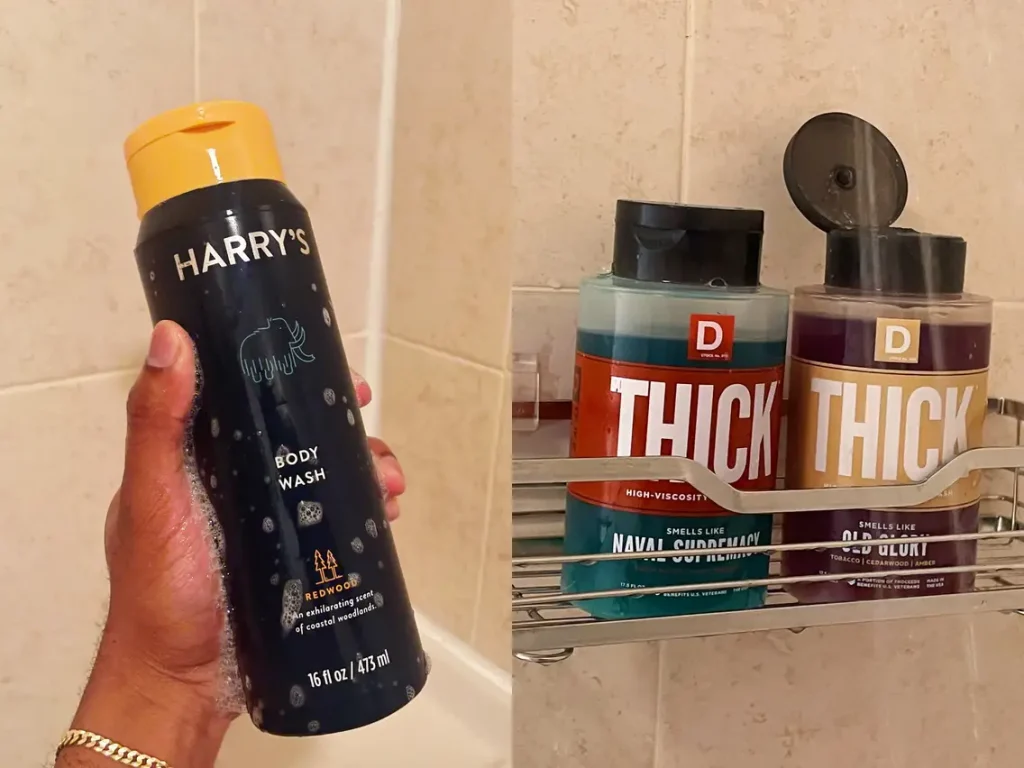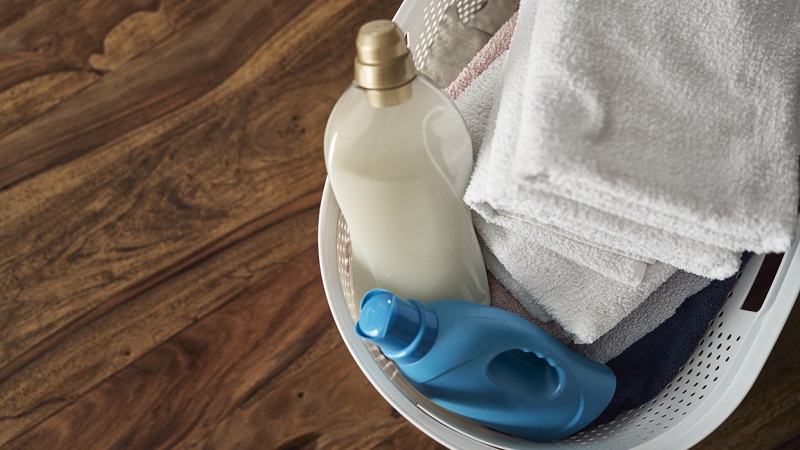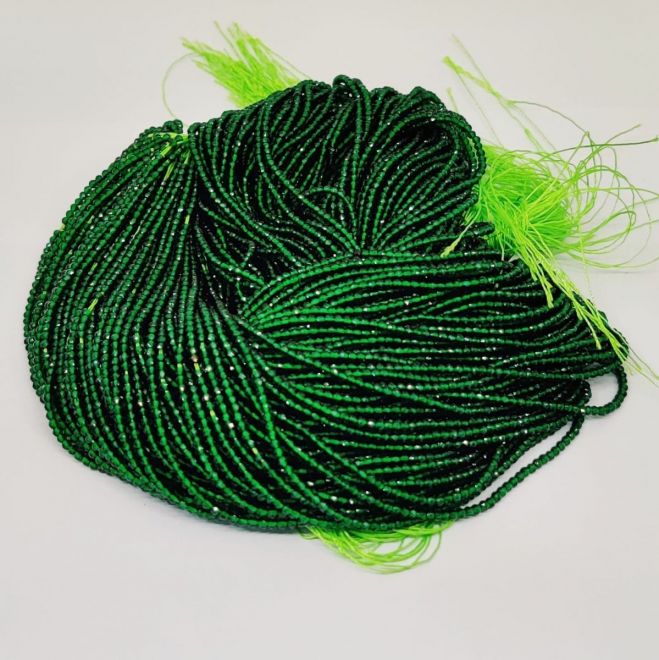Can I use body wash as laundry detergent?
Like many people, I’ve found myself in a bind when I’ve run out of laundry detergent and need to wash clothes. In those moments, I’ve wondered—can I just use body wash instead?
Body wash and laundry detergent seem so similar—they’re both formulated to clean, right? And in a pinch, it’s tempting to grab that bottle of body wash instead of running to the store for detergent.
But is it actually safe and effective to use body wash as a laundry detergent substitute? I decided to dig into the details to find out.
What exactly is body wash?
Contents
- What exactly is body wash?
- How Does Laundry Detergent Differ from Body Wash?
- Can you use body wash as a laundry detergent?
- Using Body Wash for Hand Washing Clothes
- Can you use body wash in a washing machine?
- Tips for Using Body Wash on Clothes
- Alternative DIY Laundry Detergent Options
- The Verdict: Stick to Laundry Detergent for Best Results

Before comparing it to laundry detergent, let’s first look at what body wash actually is.
Body wash is a liquid soap designed specifically for cleaning the skin. It comes in a variety of scents, formulas, and skin types.
Here are some key things to know about body wash:
Surfactants: Body wash contains surfactants, which are cleansing agents that reduce the surface tension of water. This allows the body wash to spread and remove dirt and oils. However, body wash typically contains milder surfactants compared to laundry detergent.
pH level: Body wash has a slightly acidic pH level, generally between 5 and 6. This helps maintain the skin’s natural pH balance.
Moisturizers – Many body washes contain moisturizing ingredients like oils, glycerin, and shea butter. These help prevent dry skin during cleansing.
Fragrance – Body washes often contain added fragrances and essential oils. These make the product smell pleasant but can sometimes irritate sensitive skin.
So in summary, body wash is a mild, moisturizing cleanser designed for skin rather than fabrics. Now let’s look at what makes laundry detergent different.
How Does Laundry Detergent Differ from Body Wash?
While body wash and laundry detergent may seem similar at first glance, they have some key differences:
Surfactants – Laundry detergents contain stronger surfactants than body wash. These are designed to break down tough oil, dirt, and grime on fabrics.
Enzymes – Many laundry detergents contain enzymes that help break down protein-based stains like food, grass, and blood. Body washes do not contain these stain-fighting enzymes.
pH level: laundry detergent typically has a pH between 8 and 10. This more alkaline formula helps remove stains and dirt from fabrics.
Fabric-safe: laundry detergents are designed to be safe for use on a wide variety of fabrics. Body washes may contain certain oils or fragrances that could damage fabrics.
Rinsing – Laundry detergents are formulated to fully rinse away, leaving no residue behind on fabrics. Body wash may leave behind a moisturizing residue.
So in summary, laundry detergent contains stronger cleaning agents meant for use on fabrics, while body wash is a gentler formula designed for skin.
Can you use body wash as a laundry detergent?

Knowing what each product is formulated for, let’s look at the pros and cons of using body wash as a DIY laundry detergent:
Pros:
- Convenience if you run out of detergent
- Potential cost savings if body wash is cheaper
- Leaves a pleasant fragrance on clothes
- Can help remove certain stains like dirt, oil, and sweat
Cons:
- Not as effective at removing tough stains
- Can leave behind a moisturizing residue
- Fragrance and oils could potentially damage fabrics
- Wrong pH level for cleaning fabrics
- Possible build up in washing machine over time
Overall, while you can use body wash in place of laundry detergent in a pinch, it likely won’t clean your clothes as thoroughly.
It’s best to use laundry detergent specifically formulated for fabrics whenever possible for the most effective results.
Using Body Wash for Hand Washing Clothes
If you do want to test using body wash as a laundry detergent in a small load, your best bet is to hand wash a few lightly soiled garments.
Here is a simple process for hand washing with body wash:
1. Fill a sink or basin with cool or lukewarm water. Avoid using hot water, which can damage fabrics.
2. Add a small amount of body wash—around 1-2 tbsp for a medium load. Swirl to dissolve.
3. Add clothes and let soak for 15-20 minutes, gently swirling occasionally. This allows time for the body wash to loosen stains.
4. Hand wash each garment individually by gently squeezing and rotating the clothing in the soapy water.
5. Rinse each item thoroughly with clean water to remove all body wash residue.
6. Squeeze out excess moisture from the garments and lay them flat or hang them to dry.
The key is to use a gentle touch and minimal body wash, and be sure to rinse extremely thoroughly. This will give you the best results.
Can you use body wash in a washing machine?
You may be able to use body wash in your washing machine for a small load of lightly soiled clothes. However, take caution with this method, as body wash can create excess suds.
Here are some tips if you want to try machine washing with body wash:
- Choose a front-loading washing machine, as they tend to handle suds better than top-loaders.
- Use the gentlest, low-sudsing body wash you have. Avoid moisturizing formulas.
- Use the minimum amount needed—1-2 tbsp for a small load.
- Select a gentle wash cycle with cool or warm water.
- Add an extra rinse cycle to ensure all residue is removed.
- Wipe down any suds that may have accumulated inside the machine after washing.
Again, laundry detergent formulated specifically for machine washing is best. But in a pinch, body wash can work if used sparingly and with care.
Tips for Using Body Wash on Clothes
While laundry detergent is always the better choice, here are some tips to get the best results if you have to use body wash on your clothes:
- Stick to a plain, unscented body wash to avoid any skin irritation or fabric damage.
- Pre-treat any tough stains with a stain remover before washing with body wash.
- Use warm water to help activate the cleaning agents in body wash.
- Add a half-cup of baking soda to help boost cleaning power and residue removal.
- Double-rinse washed clothes in clean water to remove any traces of body wash.
- Inspect clothes when dry; rewash if any residue remains.
- Limit the use of body wash on delicate fabrics that could be damaged.
- Clean your washing machine with vinegar after using body wash to prevent buildup.
Alternative DIY Laundry Detergent Options
If you ever run out of laundry detergent again, here are some other household items you can use in a pinch:
Baking soda is an effective odor remover and fabric softener. Add 1/4–1/2 cup per load.
White vinegar helps brighten clothes and removes odors. Use 1⁄4–1⁄2 cup per load.
Castile Soap: Gentle plant-based liquid soap. Use 1-2 tbsp per load.
Washing soda removes tough stains. Add 1/4–1/2 cup per load.
Dish soap: cut grease and food stains. Use sparingly—1-2 tsp per load.
These natural cleaning ingredients can be combined to make an effective DIY laundry detergent. Just be sure to rinse thoroughly.
The Verdict: Stick to Laundry Detergent for Best Results
After breaking it down, my verdict is to use laundry detergent for your clothes and body wash for your body!
While body wash may work decently well for very lightly soiled laundry in a pinch, it simply can’t match the cleaning effectiveness of true laundry detergent.
The better surfactants, enzymes, and pH-balanced formulas in detergents give them a leg up on body wash when it comes to busting stains and odors on fabrics.
Plus, laundry detergents are designed to fully rinse away, while body wash could leave a residue.
So while it may be tempting to grab that bottle of body wash when your detergent runs out, it’s better to make a quick trip to the store to get the right product. Your clothes will come out cleaner in the long run.
Hand washing an emergency load or two with body wash likely won’t cause major issues. But for everyday laundry, using a detergent made for fabrics is always the best bet. With the right products, you’ll get fresh, bright, residue-free clothes every time!





